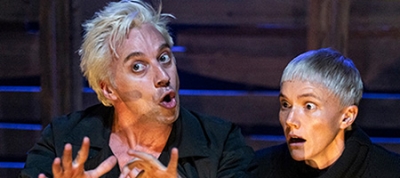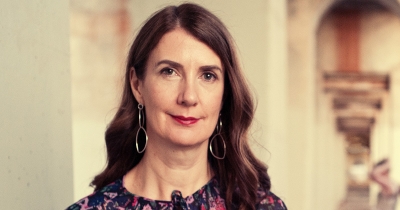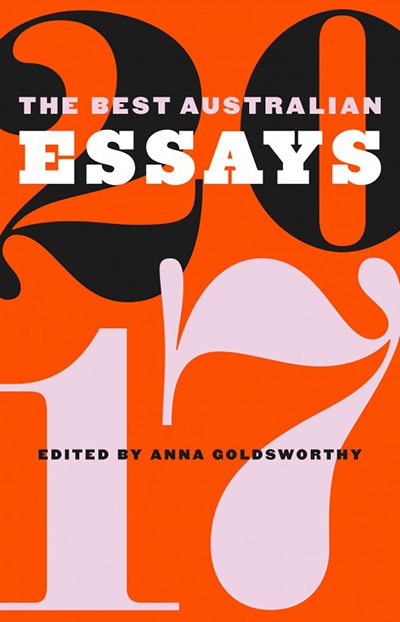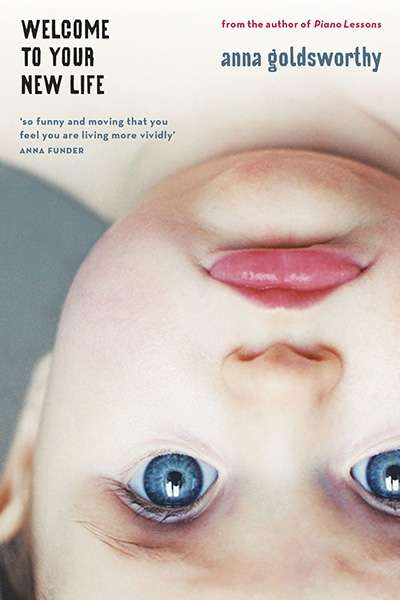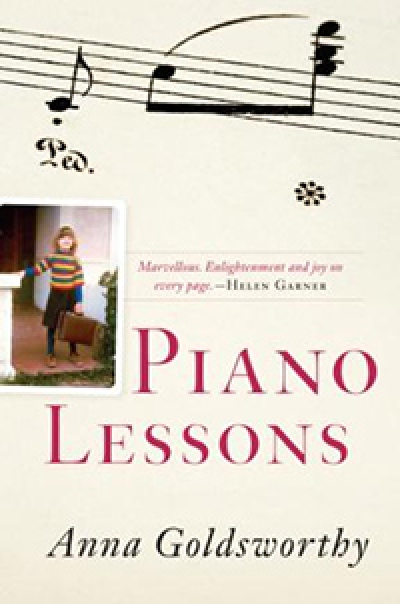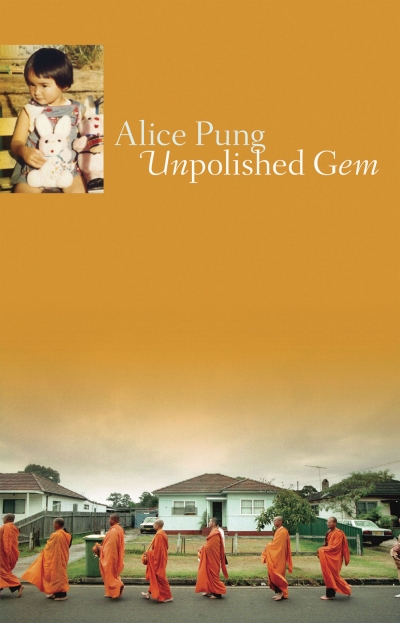Anna Goldsworthy
Professor Anna Goldsworthy is Director of the Elder Conservatorium of Music at the University of Adelaide, and an award-winning pianist, writer, and festival director. She co-founded the Seraphim Trio in 1995. Her books include the memoir Piano Lessons (2009) and a novel, Melting Moments (2020). Anna has directed numerous music festivals, and in April 2024, will direct the Music and Mountains Festival in Queenstown, New Zealand.
... (read more)Read the advances from the advances from the March 2024 issue of ABR.
... (read more)Three recent début novels employ the genre of the Bildungsroman to explore the complexities of female experience in the recent historical past. Anna Goldsworthy, widely known and admired as a memoirist, essayist, and musician, has now added a novel, Melting Moments (Black Inc., $29.99 pb, 240 pp), to her list of achievements.
... (read more)Why do you write?
To stop time, to figure it all out.
Are you a vivid dreamer?
Yes. And prone to sleep talking and singing and, absurdly, trumpet fanfares. As a child I had a recurring dream of flying crocodiles, concluding with the subtitle ‘Christian Television Association’.
... (read more)
